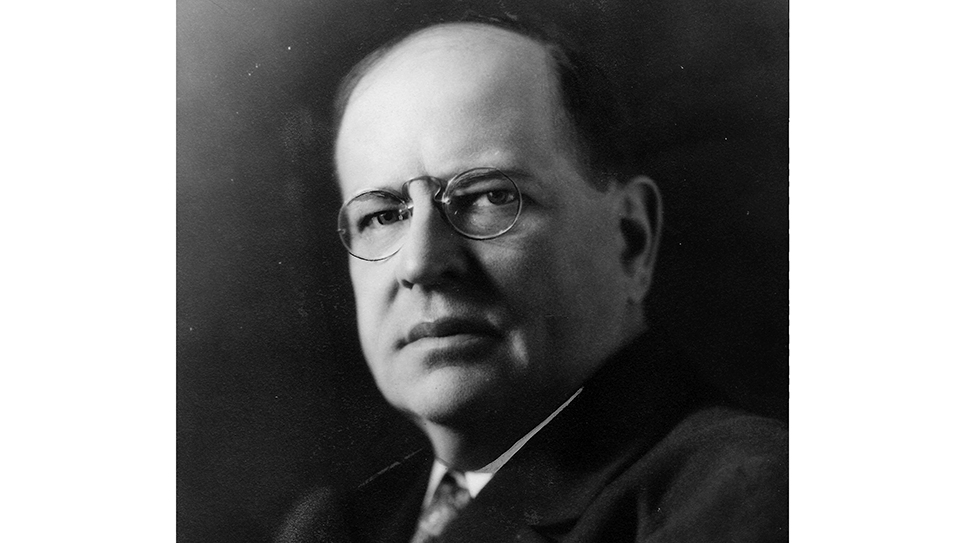What Does ‘Nunc Pro Tunc’ Mean?
By Jedidiah McKeehan
Lawyers sometimes use Latin phrases that sound mysterious but describe simple ideas. “Nunc pro tunc,” which translates to “now for then,” is one of those phrases. When a court enters an order nunc pro tunc, it is correcting the record today to reflect something that actually happened earlier but was not properly recorded at the time. The key concept is accuracy, not revision—nunc pro tunc is meant to make the paperwork match reality, not to change history or create a new ruling after the fact.
Courts use nunc pro tunc orders for clerical mistakes, omissions, and timing glitches. Maybe a judge announced a ruling from the bench in May, but the written order did not get entered until July; the nunc pro tunc order can state the judgment is effective as of the May date that the decision was actually made.
Perhaps a sentencing order forgot to include pretrial jail-credit that everyone agreed on; a nunc pro tunc order can add that credit because it reflects what truly occurred. In civil cases, it might fix a typo in a name, dollar figure, or legal description that the judge already intended to enter correctly, but primarily it is meant to enter orders in this manner, “The judge made his ruling in May, we got the written order done in July, but we want this Order to show that it took effect in May.”
There are limits. A court cannot use nunc pro tunc to make a new decision and pretend it was made earlier, to gain jurisdiction it did not have, or to expand someone’s rights after the deadline for doing so has passed. The order must be grounded in the existing record—docket entries, transcripts, minute orders, or other reliable proof that shows what actually happened. If there is no evidence that the earlier action occurred, nunc pro tunc is not appropriate.
If you see “nunc pro tunc” in an order, it is not a trapdoor or a loophole. It is simply the court saying, “we are entering this now to reflect what should have been in the record then,” ensuring the paperwork lines up with the reality of the case.
Jedidiah McKeehan is an attorney practicing in Knox County and surrounding counties. He works in many areas, including family law, criminal, and personal injury. Visit attorney-knoxville.com for more information about this legal issue and other legal issues.






